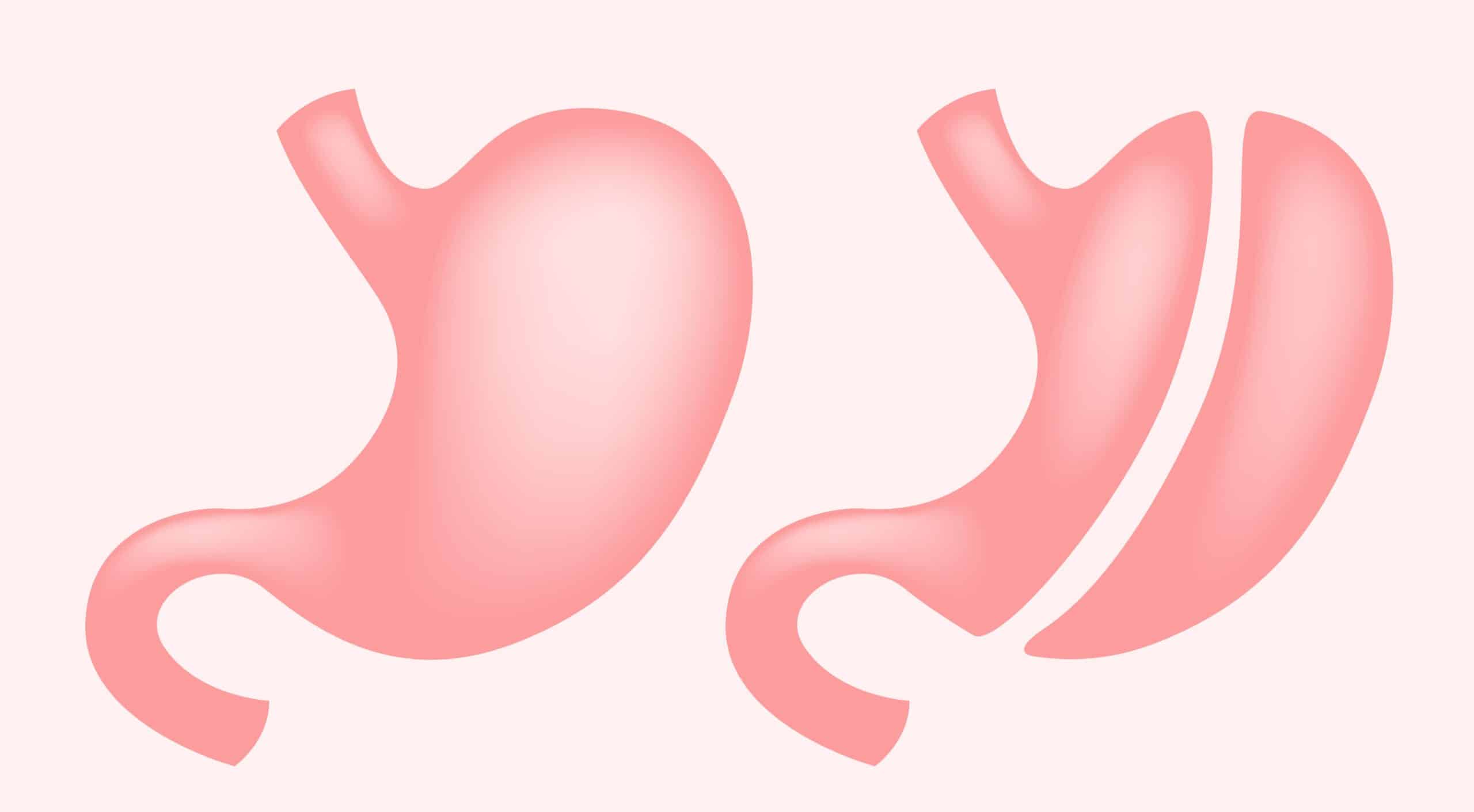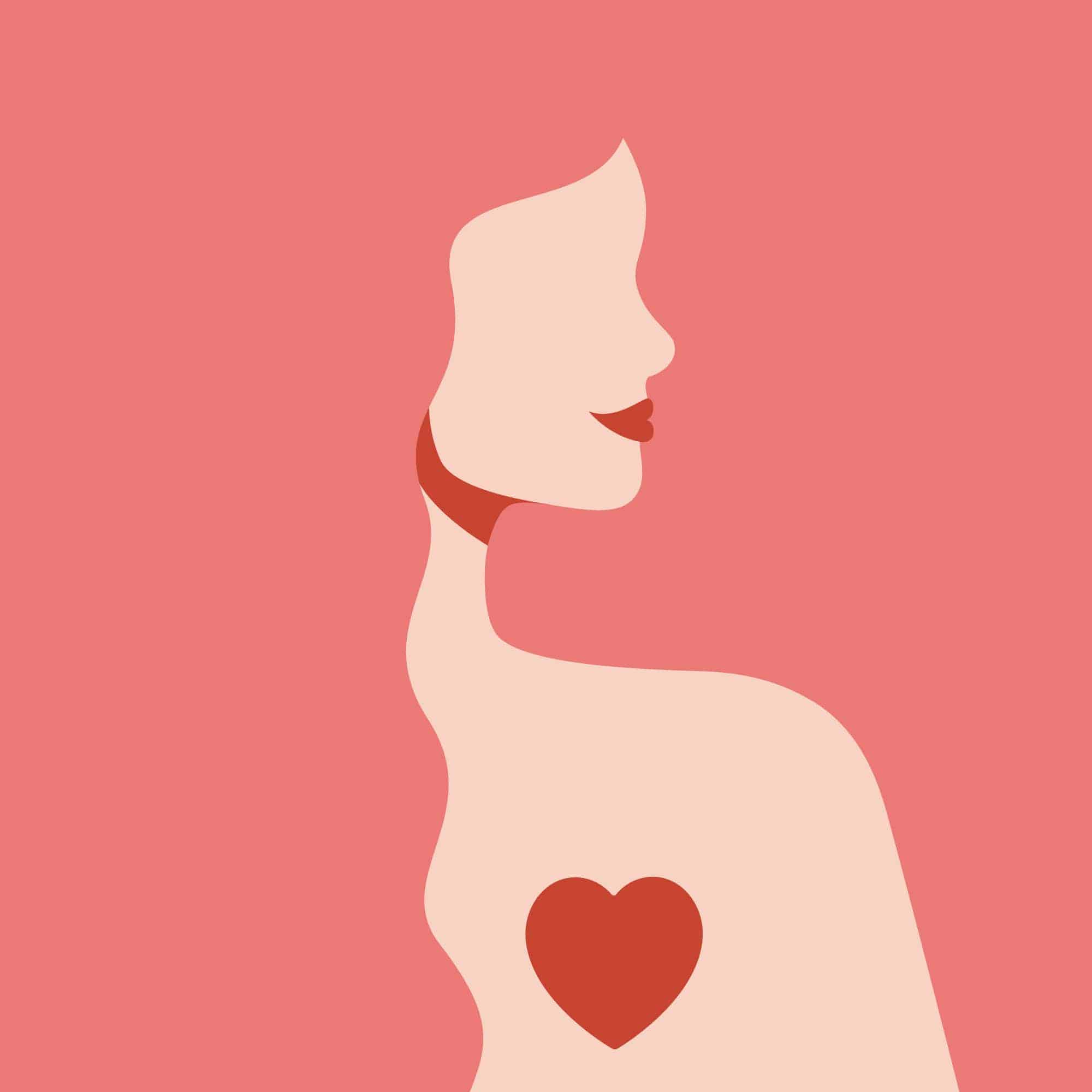Blog

How to get ready to recover from an eating disorder
Readiness to Change: How to get started
Recovery from an eating disorder is rarely linear. Instead, it’s more likely that your readiness to change will ebb and flow throughout your journey – and that’s okay! The purpose of this article is to help you to understand the process of change and to support you towards getting ready to recover.
What is the Stages of Change Model?
The Stages of Change Model is a framework that allows us to evaluate an individual’s readiness to change their behaviour. It was originally developed in the early 1980s by Prochaska and DiClemente to understand the process of change in the context of substance use and dependence.1 It is now applied more broadly to understand a variety of behaviours and has been shown to be effective in determining the readiness to recover in people with eating disorders.2,3
The five stages of change and their defining characteristics in the context of an eating disorder are as follows:
ONE: Precontemplation
“I don’t need to change”
A person in this stage does not recognise or does not want to admit that their eating behaviours are problematic and has no intention of changing (or even thinking about change) in the near future. Someone who is in this stage is probably not reading this article, because they wouldn’t see a need to! They will often respond with anger or deflection if their eating or exercise habits are brought up.
Some prompts for reflection for people in the precontemplation stage are:
- What have other people said about your eating behaviours?
- What would have to happen for you to decide your eating behaviours are a problem?
TWO: Contemplation
“I might change”
A person in this stage is conscious that their eating behaviours are a problem and is thinking about change; however, they might be struggling with commitment or are just not quite ready to begin. They will still be very aware of the benefits of their eating disorder and are likely feeling conflicted.
Some prompts for reflection for people in the contemplation stage of change are:
- What are some benefits of changing your eating behaviours?
- How do you want your life to look different in six months’ time?
THREE: Preparation
“I think I will change”
Someone in this stage has decided to change and is planning to take action on their eating disorder. They might experiment with taking their first baby steps towards recovery, such as telling people about their intentions to change.
Reflective prompts for people in the preparation stage of change include:
- What is the first step you might take? Can you break it down into smaller parts?
- What barriers are you facing and what are some strategies to overcome them?
FOUR: Action
“I am starting to change”
A person in the action stage is actively participating in treatment and attempting to recover from their eating disorder. Their biggest challenge is maintaining their commitment to change and fighting the urge to slip back into their disordered behaviours.
Some prompts for people in the action stage of change are:
- What has worked so far? What contributed to its successful and what could help it to work even better in the future?
- What triggers/challenges have you come across and how have you managed them? What other strategies could you try?
FIVE: Maintenance
“I have changed”
A person in the maintenance stage has sustained their new behaviour for six months or more, and the new healthy behaviours have replaced the disordered ones. They will also have learnt new ways to cope with stressful situations that don’t involve food or exercise.
In the stages of change model, relapse is not treated as a failure: instead, it is considered a normal part of change and is seen as an opportunity for learning and growth!

The Cycle of Change, adapted from work by Prochaska & DiClemente (1983)
How do I increase my readiness to change?
To progress through the stages of change, a person typically needs three things: decisional balance, self-efficacy and processes of change.
Decisional balance
Decisional balance is the awareness that the advantages of recovery outweigh the advantages of the eating disorder.
Part of this is learning as much as you can about the risks of maintaining your ED and the benefits of recovery. These benefits might relate to your health, to your relationships, your work, or something else entirely. This worksheet by the Centre for Clinical Interventions can help you to organise your thoughts about the positive and negative consequences of recovery.
Self-efficacy
Self-efficacy is the belief in one’s ability to recover – and with the right tools and support, we know that recovery is possible!
Work towards building your confidence that you can change by focusing your thoughts and energies on success rather than failure. You can find countless inspiring stories on Beat’s website written by people who have recovered from their eating disorder and are now thriving.
Processes of change
Processes of change are strategies that can help a person to make and maintain the changes needed to recover.
Some strategies that can help you move towards readiness to change include building a support network. This is where we come in! Our expert dietitians at Embody Health London can help to guide and support you through recovery. Other members of your network might include other health professionals, friends, family and even a dedicated support group. Beat has a number of support groups that might suit your needs.
It can also be helpful to set up your environment to be conducive to recovery. Remove triggers such as unfollowing harmful social media accounts, throwing out your scales and deleting calorie counting apps.
We would love to support you on your journey towards recovery, no matter what stage of change you’re in. Reach out to us at [email protected] to find out how our dietitians can help.
Karli Battaglia MDiet, APD
EHL Team x
References
- Prochaska J, DiClemente C. Transtheoretical therapy: Toward a more integrative model of change. Psychotherapy: Theory, Research & Practice. 1982;19(3):276-288.
- Hasler G, Delsignore A, Milos G, Buddeberg C, Schnyder U. Application of Prochaska’s transtheoretical model of change to patients with eating disorders. Journal of Psychosomatic Research. 2004;57(1):67-72.
- Gusella J, Bird D, Butler G. Tipping the scales: is decision making related to readiness to change in girls with eating disorders. Can Child Adolesc Psychiatr Rev. 2003;12(4):110-112.














